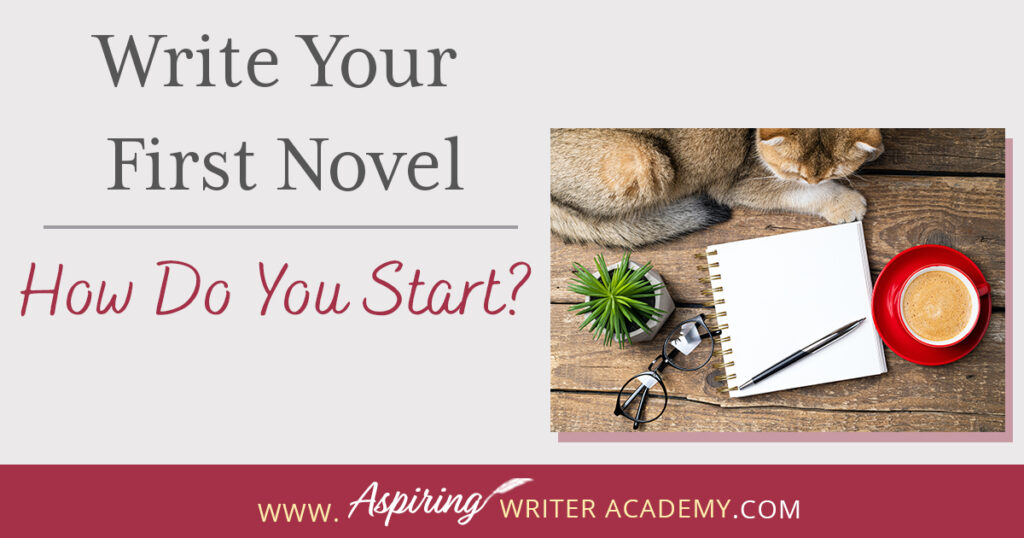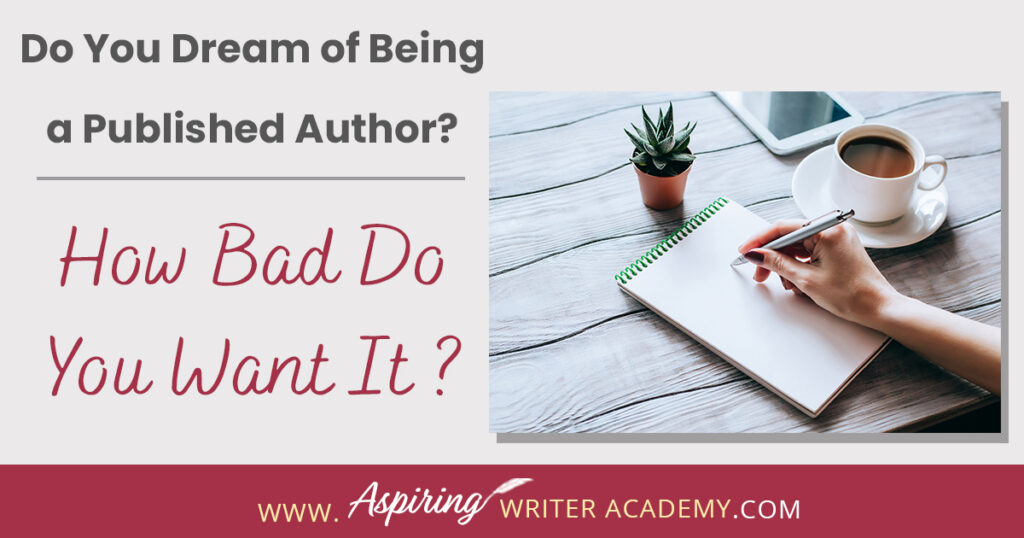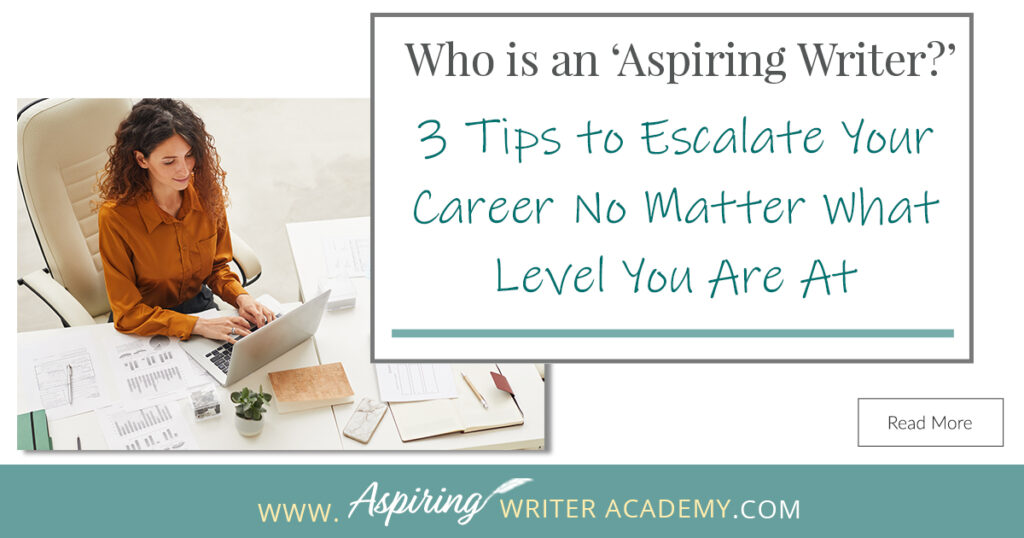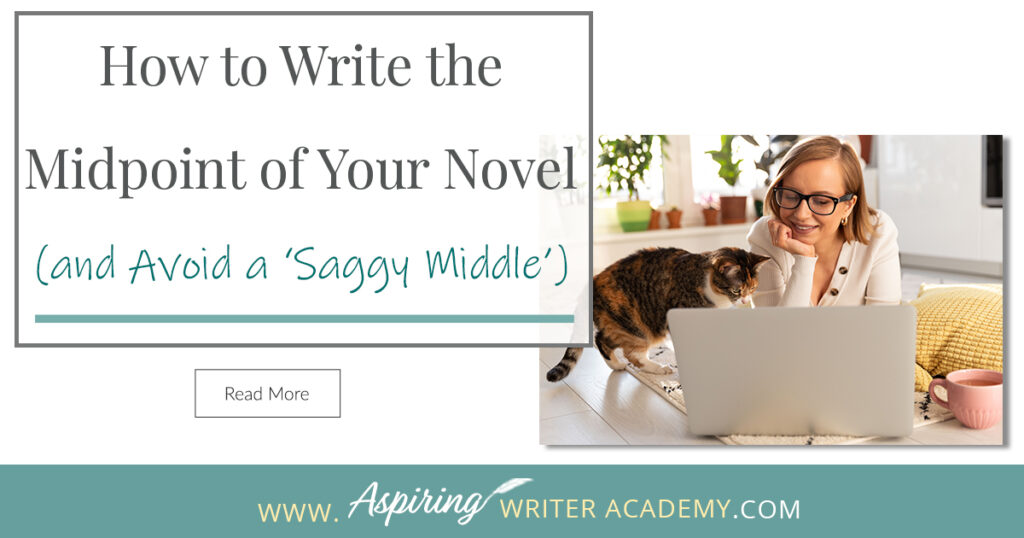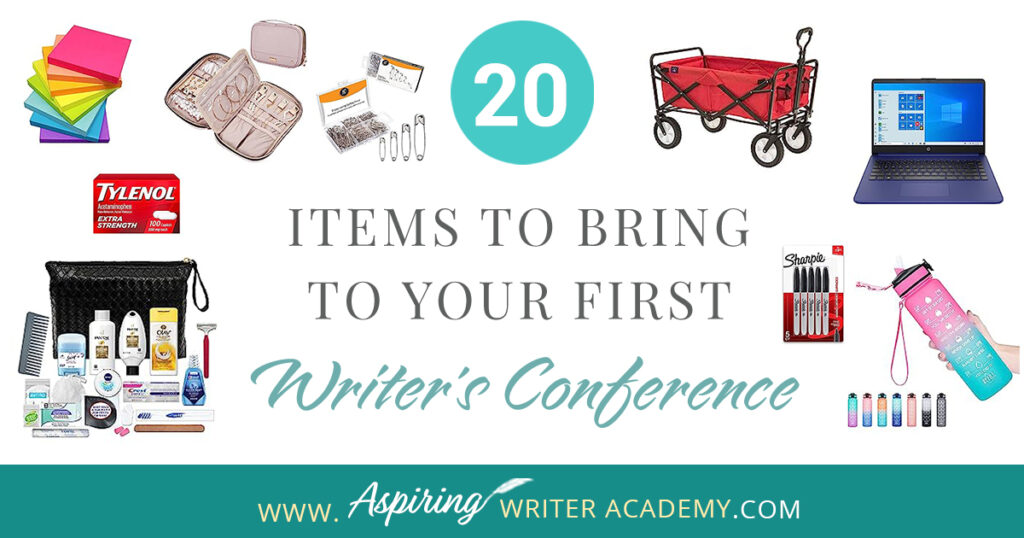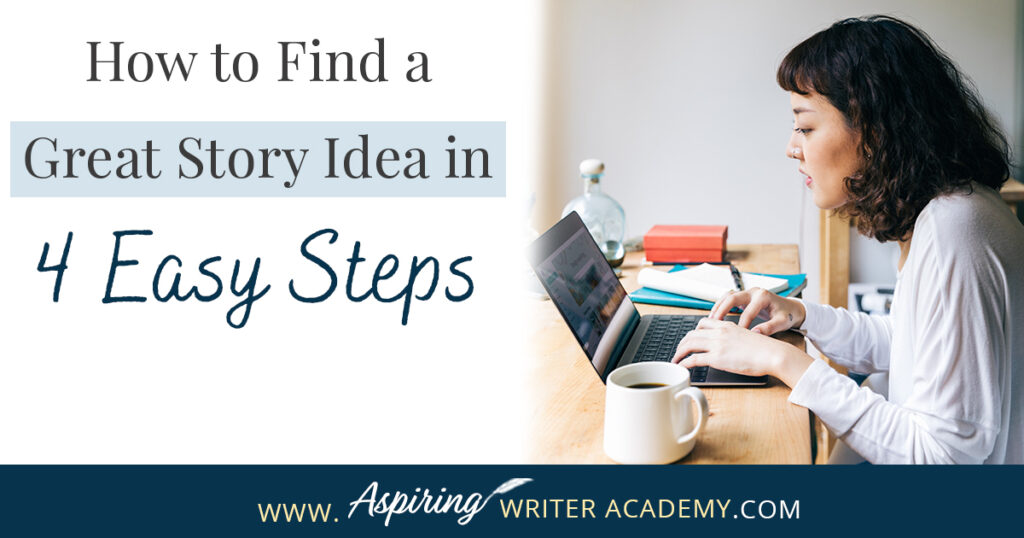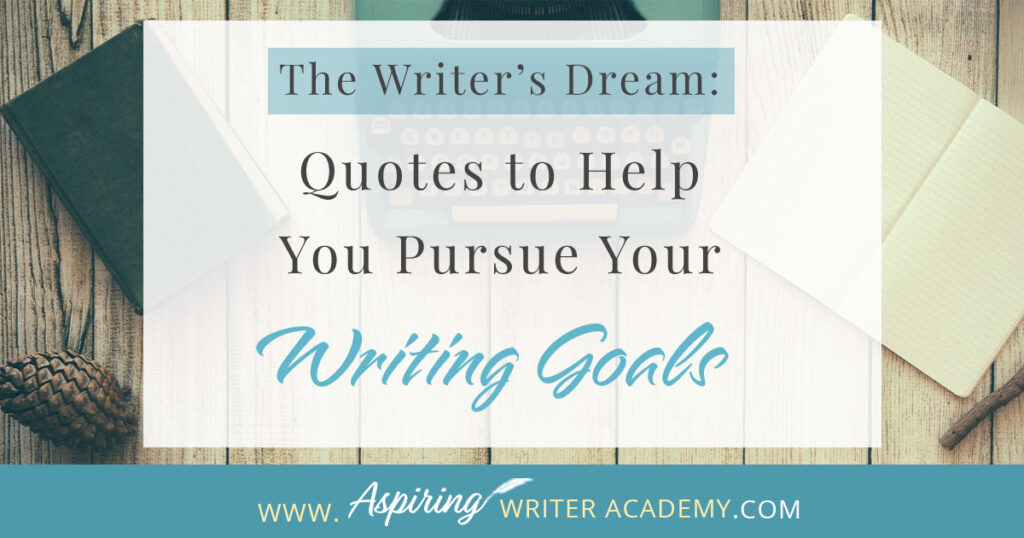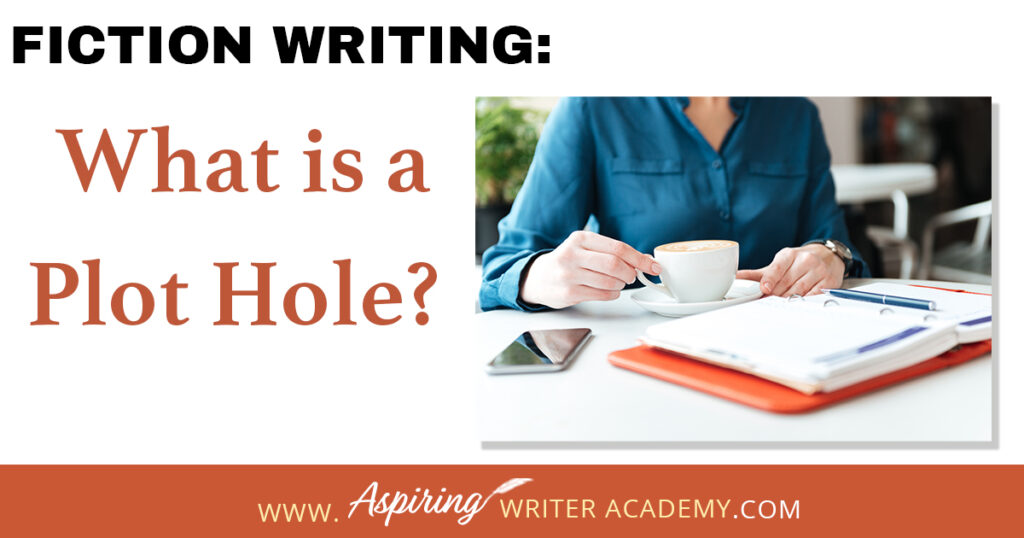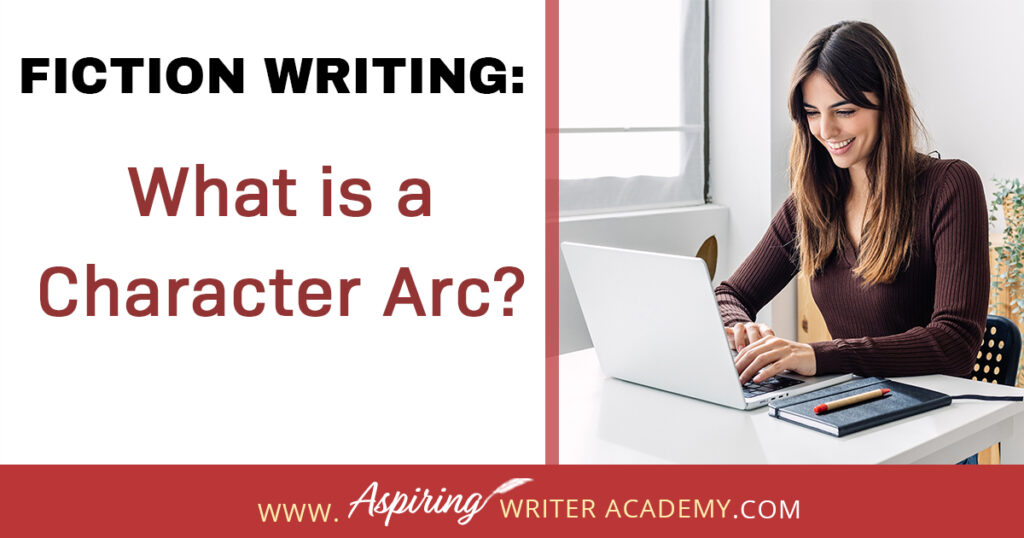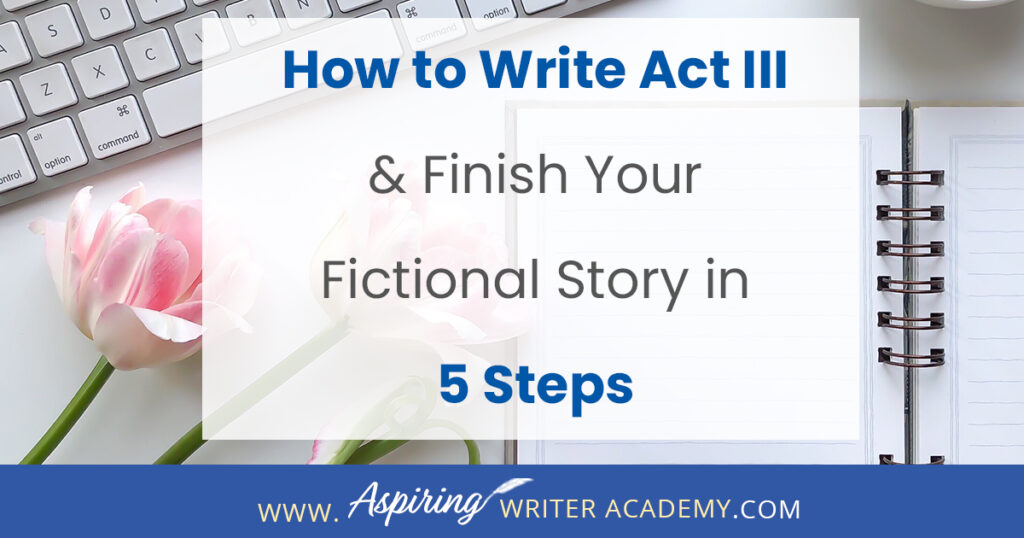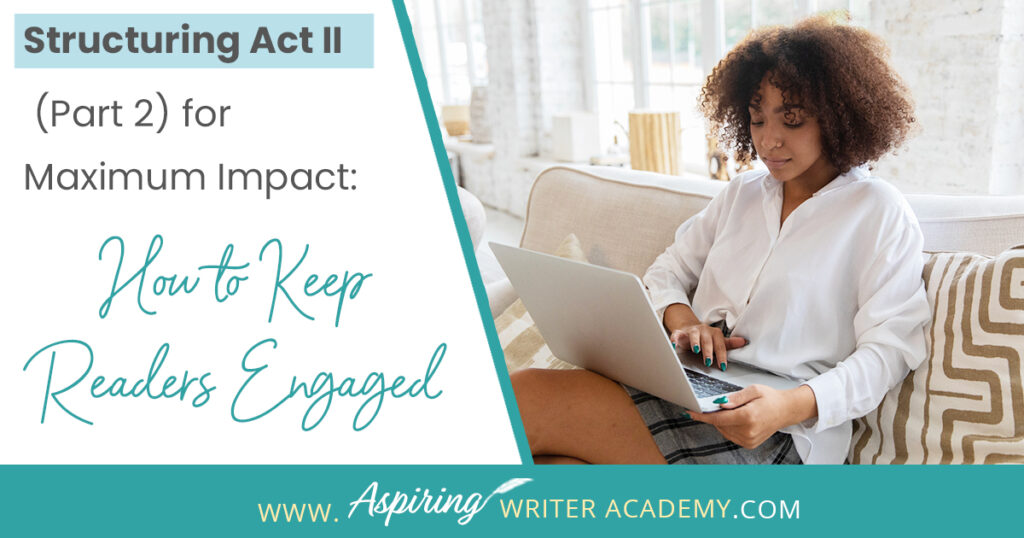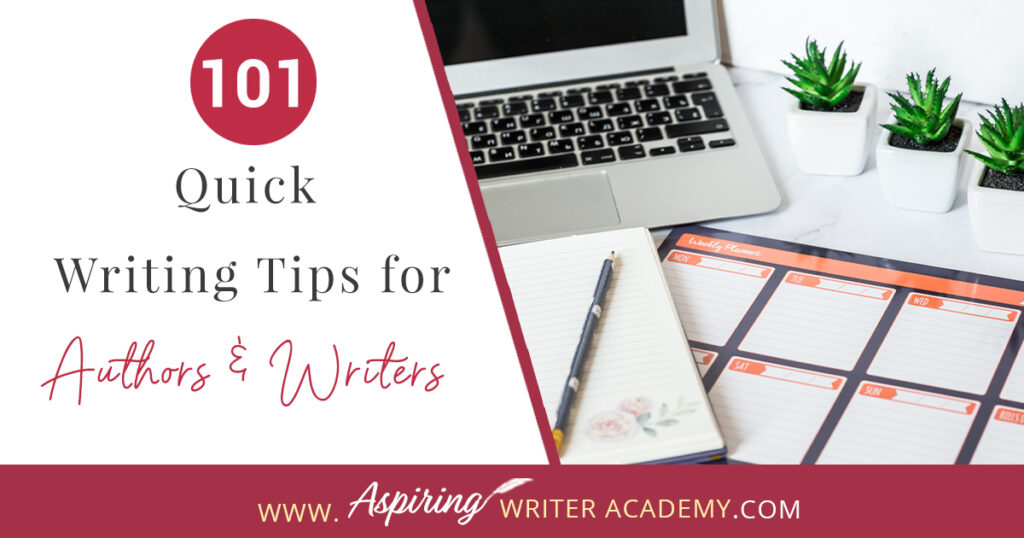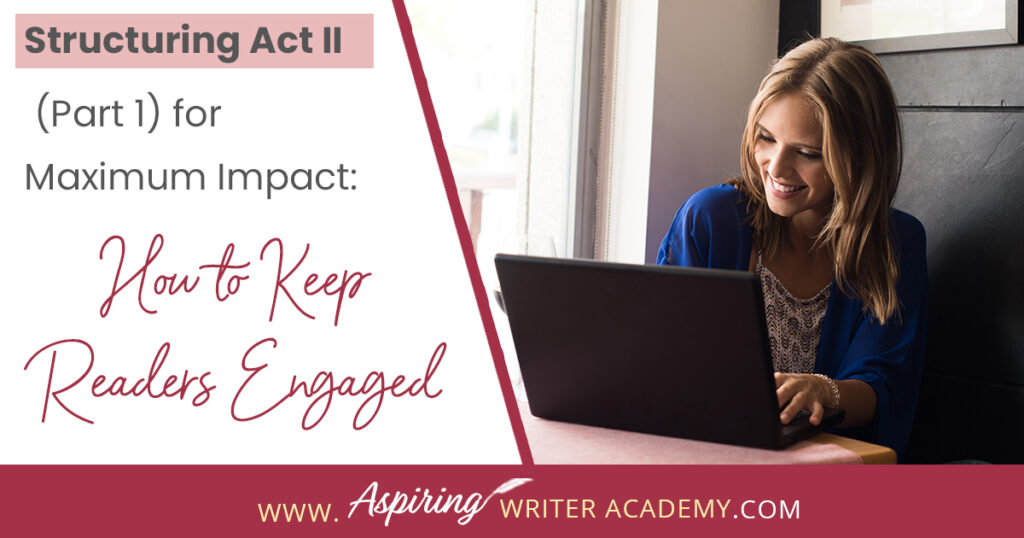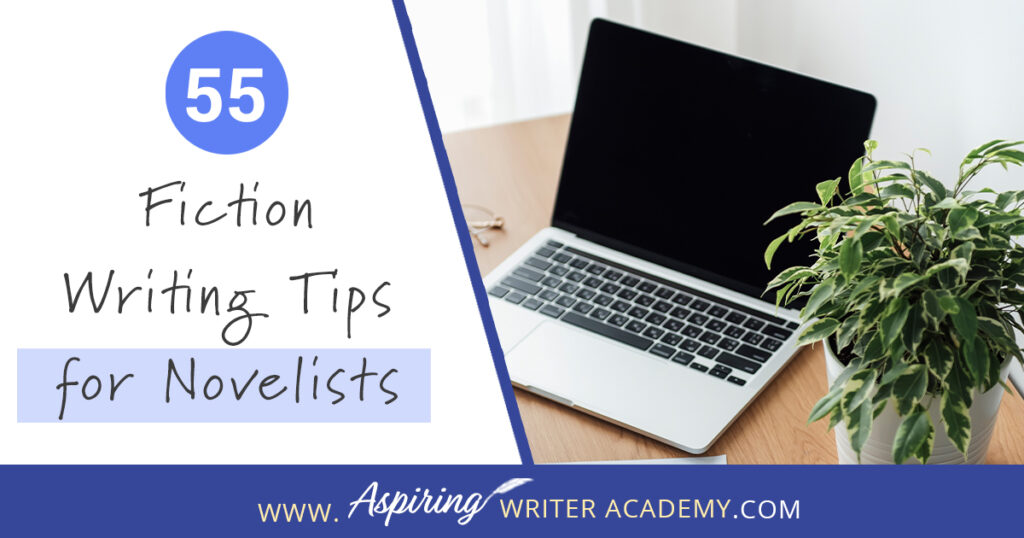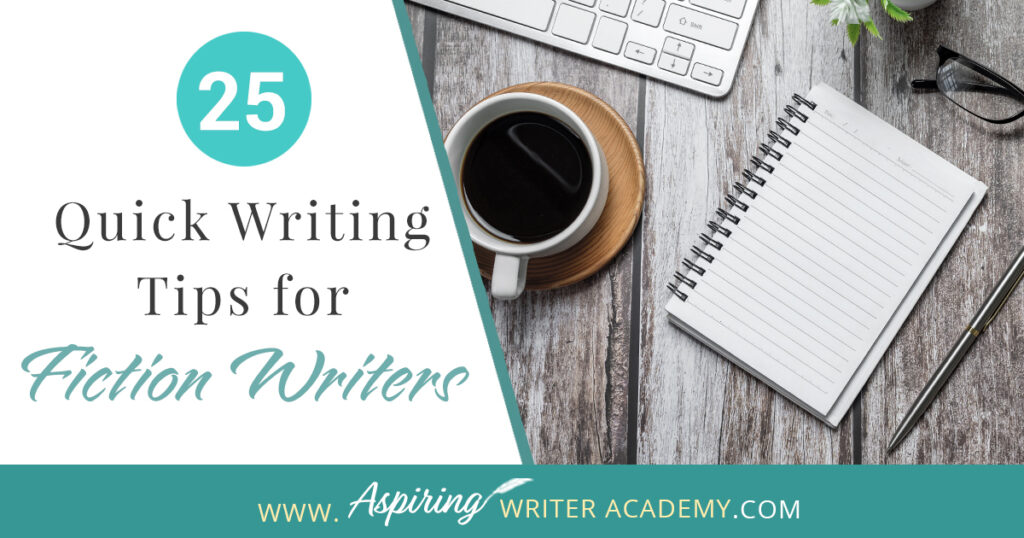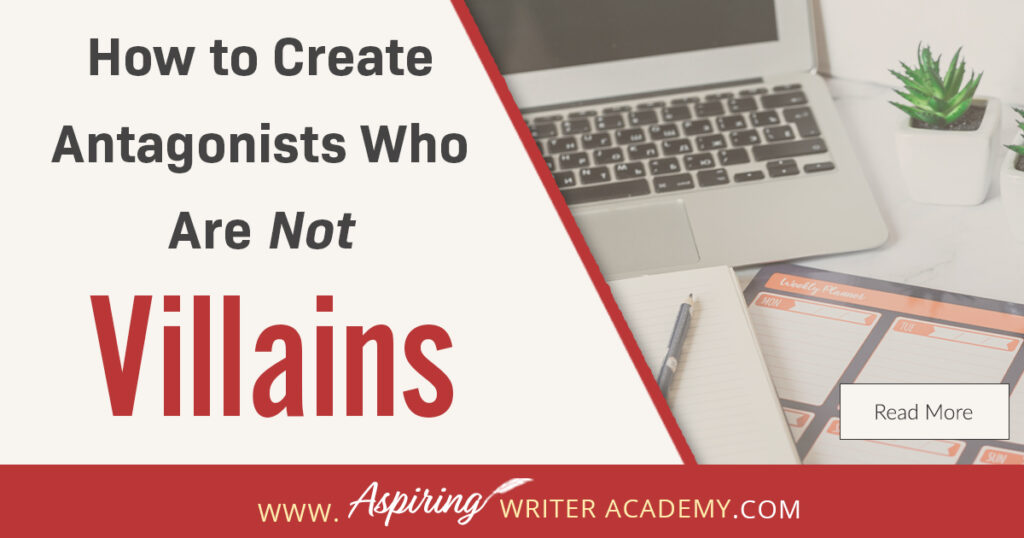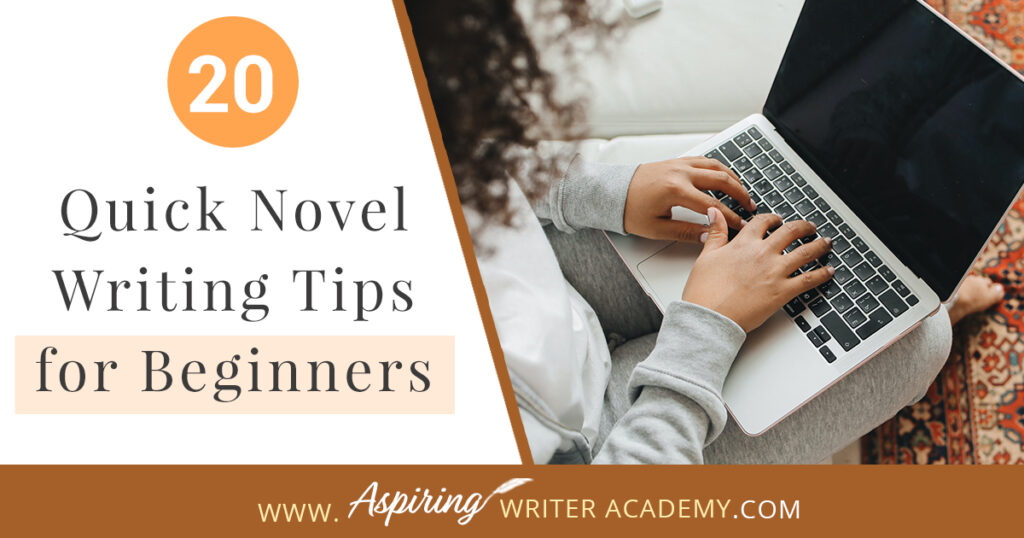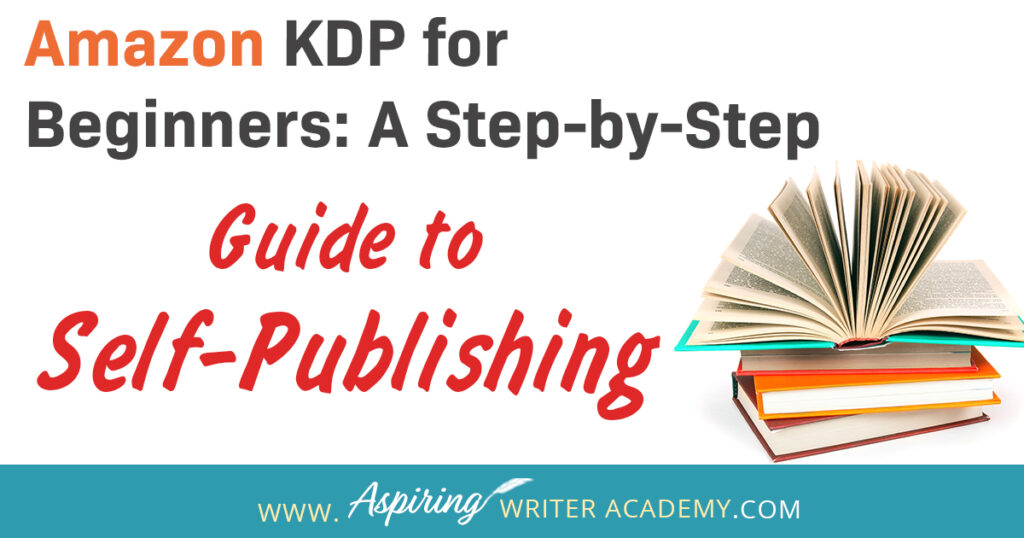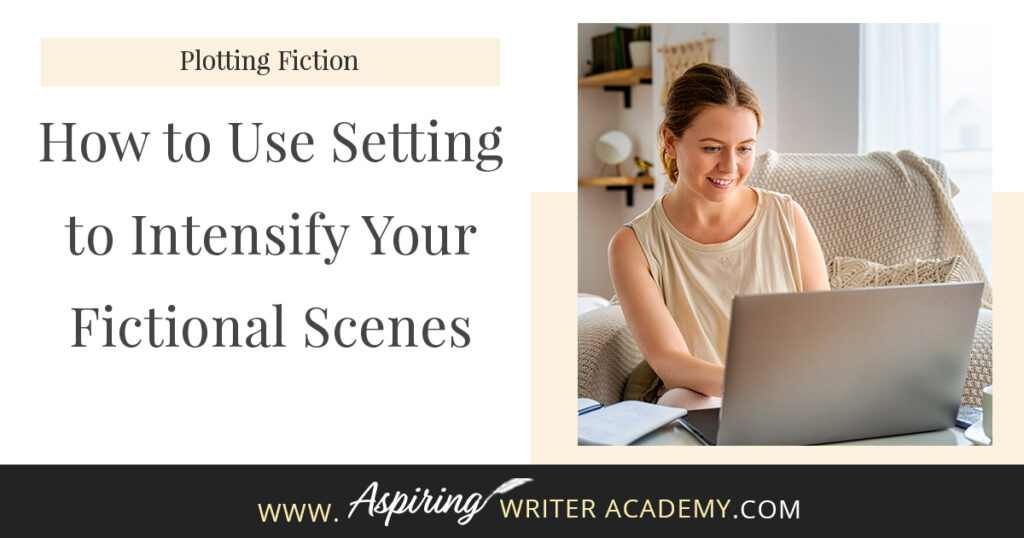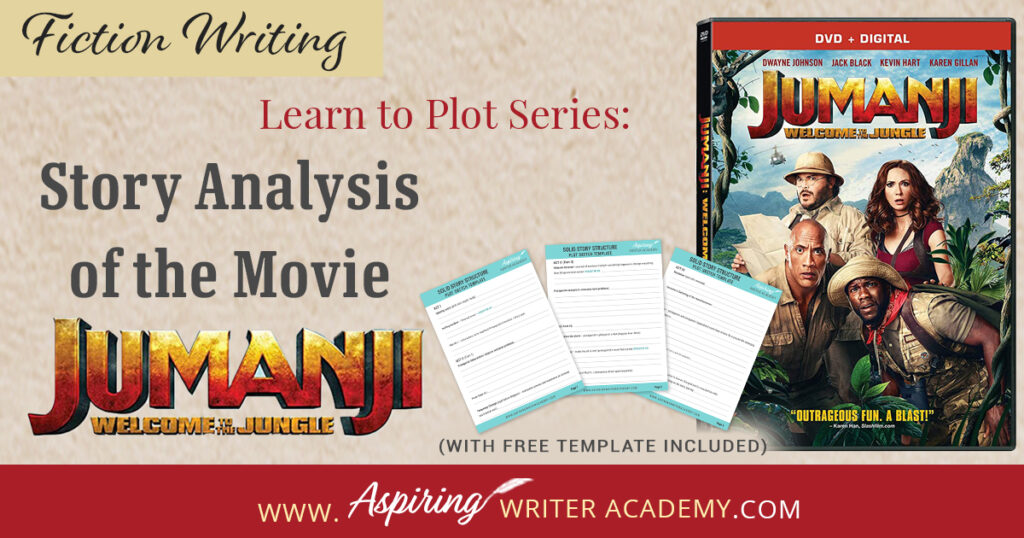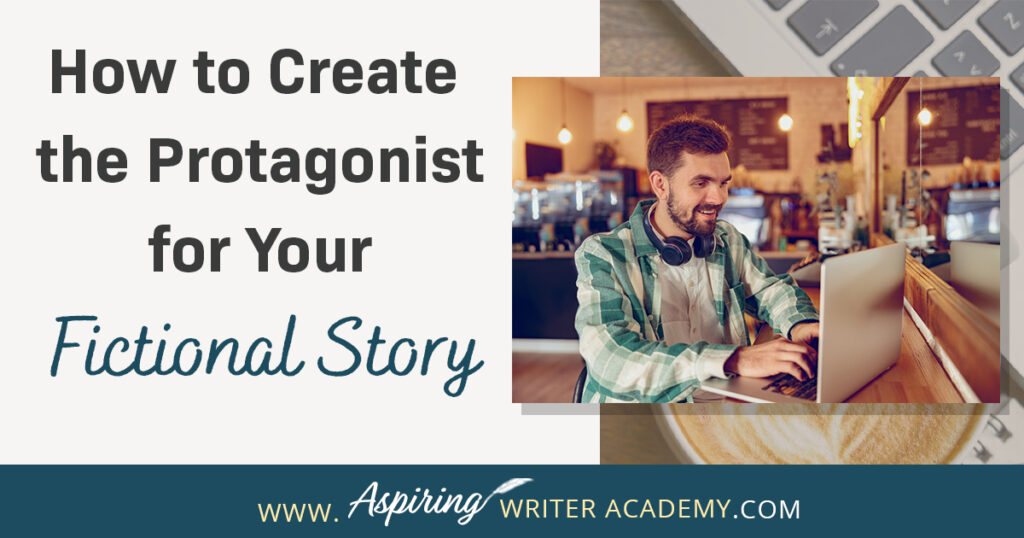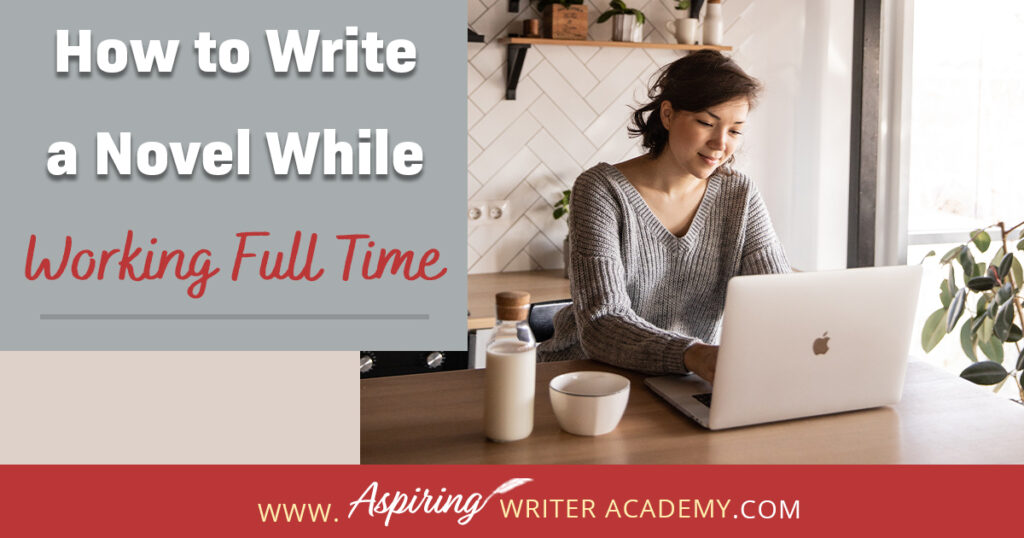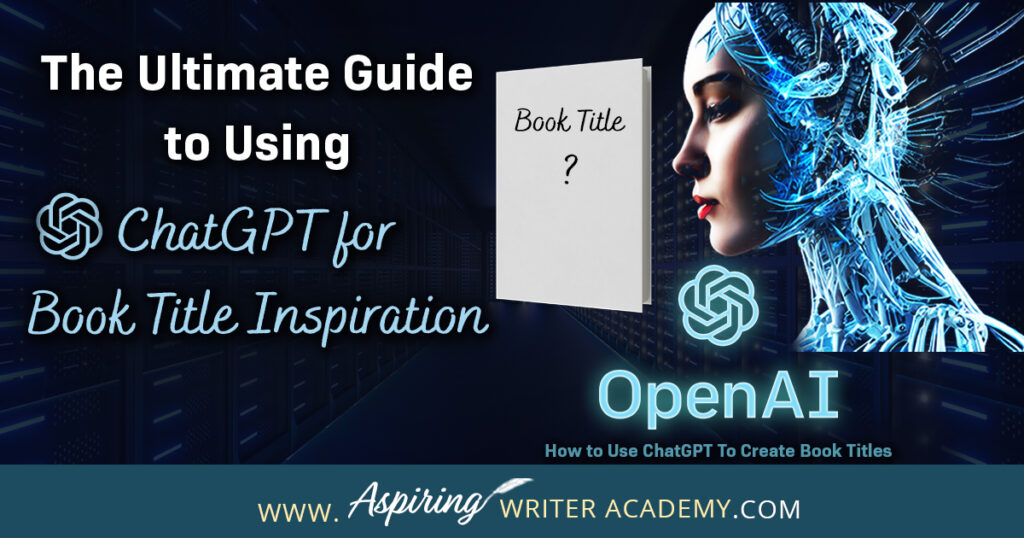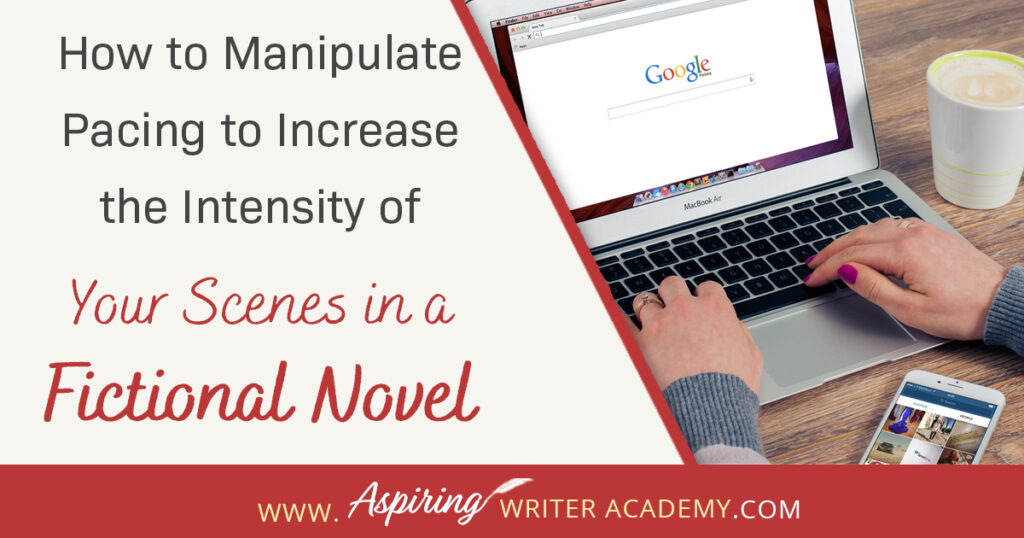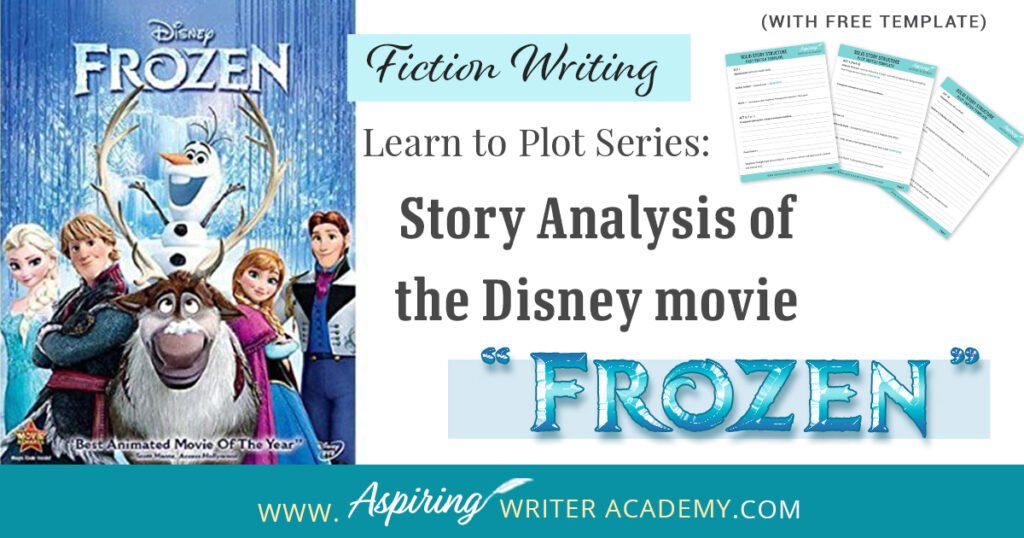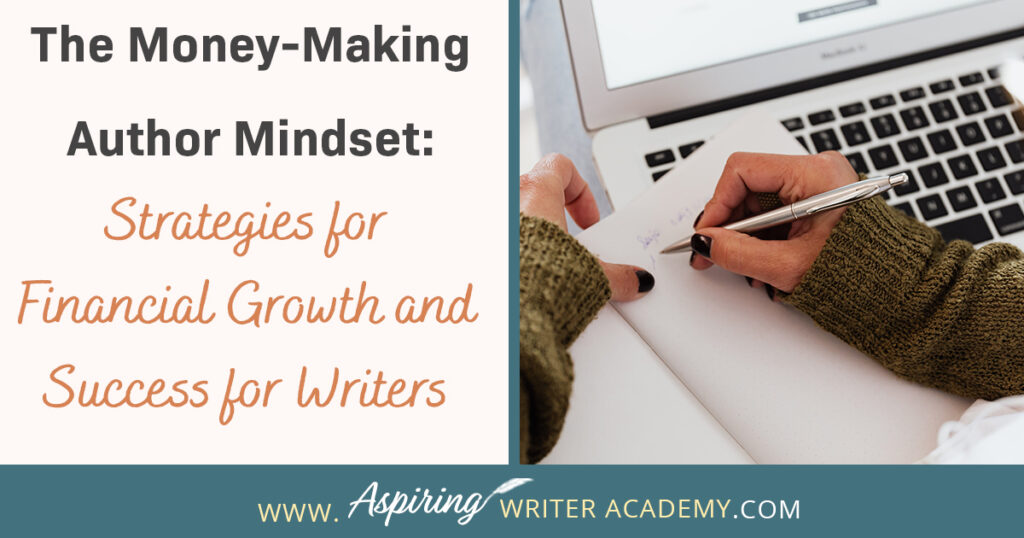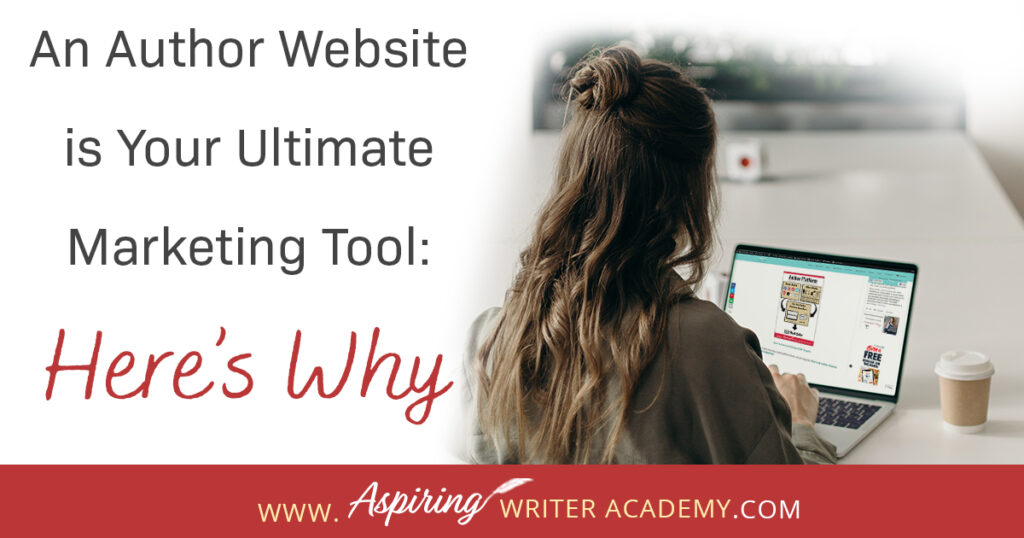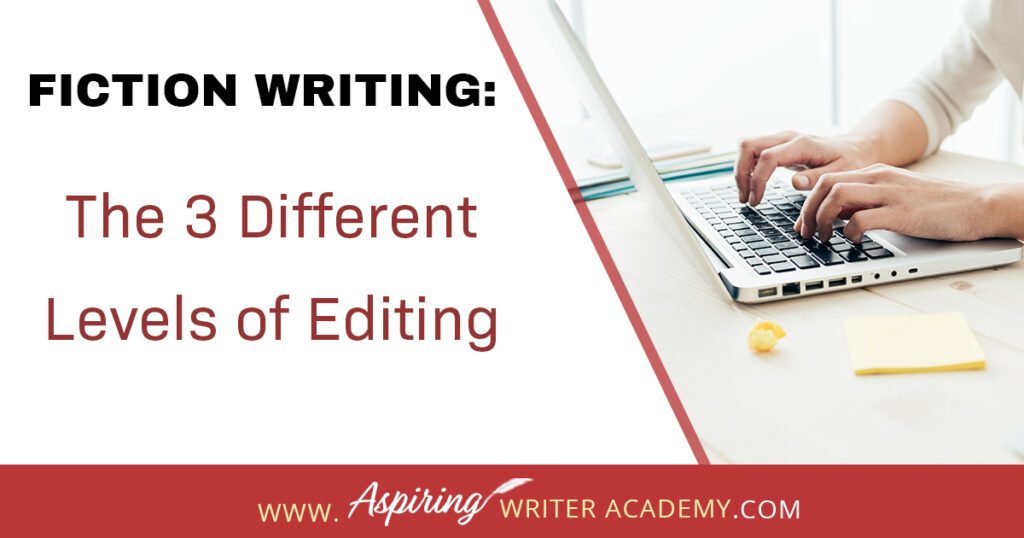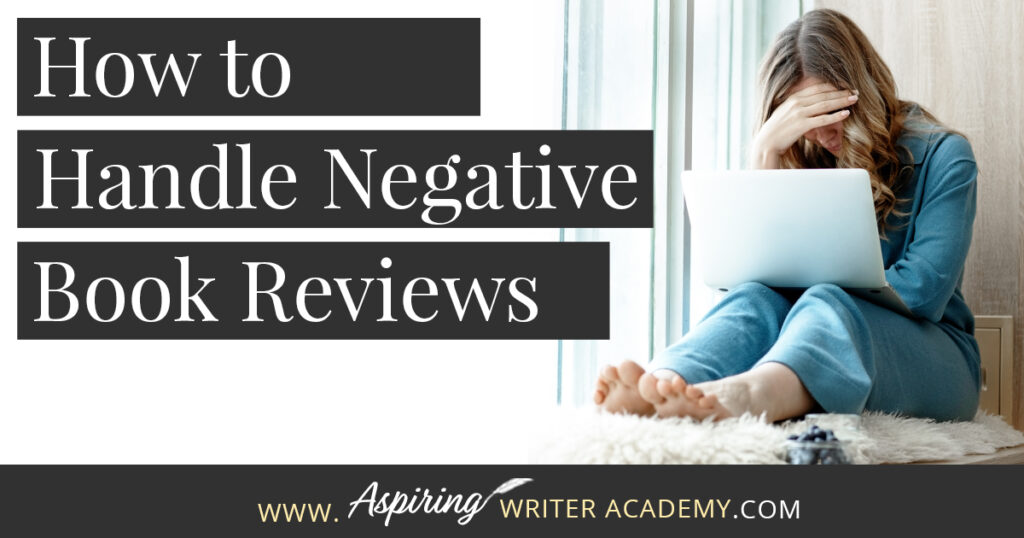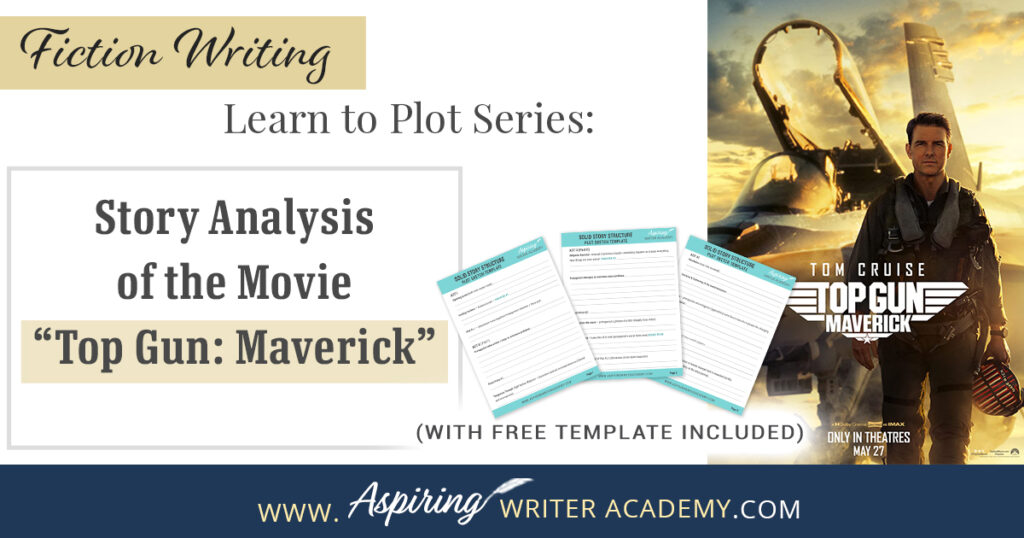Write Your First Novel: How Do You Start?
Are you finally ready to write that book you always wanted to write one day? Great! How do you start? Who should be your main character? What will the story be about? Does there have to be a villain? When and where should the story take place?
In our post, Write Your First Novel: How Do You Start? we help you choose your main character, pinpoint the opposition, and create a story that you will be excited to write!
Read MoreDo You Dream of Being a Published Author? (How Bad Do You Want It?)
Many people say they would like to write a book or become a published author but only about 2 percent actually do the work to get it done. If you have the burning passion to write and publish your story and build a writing career, then you will need to take specific steps to separate yourself from the ‘hobbyists.’
In our post, Do You Dream of Being a Published Author? (How Bad Do You Want It?) we give you three tips to help make your dream come true.
Read MoreWho is an ‘Aspiring Writer?’ 3 Tips to Escalate Your Career No Matter What Level You Are At
Are you an ‘aspiring writer?’ Or do you think that term only applies to newbies? It is surprising how many writers sabotage their careers because they think they know everything they need to know while successful writers recognize that you should never stop learning.
In our post, Who is an ‘Aspiring Writer?’ 3 Tips to Escalate Your Career No Matter What Level You Are At, we discuss the habits of successful writers so you can stand out from the crowd and become one too!
Read MoreHow to Write the Midpoint of Your Novel (and Avoid a ‘Saggy Middle’)
Do your novels begin full steam with a lot of energy and momentum only to fizzle out by the book’s middle? If repeated, you may soon have a whole drawer of brilliant starts but no finished projects. So how do you avoid writing a ‘saggy middle?’
In our post, How to Write the Midpoint of Your Novel (and Avoid a ‘Saggy Middle’), we give you a template to slingshot your story over that dreaded hump and straight into the second half so you can keep writing and finally get to ‘The End!’
Read More20 Items to Bring to Your First Writer’s Conference
Attending a writer’s conference is one of the best things you can do to either launch or advance your writing career. But what should you bring? Do you need a notebook or a laptop? Do you need business cards? How should you dress? What if you are published and need to bring books for the conference book table? Which items are beneficial, and which should you leave at home?
Our post, 20 Items to Bring to Your First Writer’s Conference, offers a valuable checklist to help put your mind at ease.
Read MoreHow to Find a Great Story Idea in 4 Easy Steps
How do you come up with new story ideas for a fictional novel? Do you start with a situation or a character or with a concept, theme, or location? How do you know if you have a solid story idea? What information is needed to get started?
In our post, How to Find a Great Story Idea in 4 Easy Steps, we lay out the four components that will help you create a working story idea that you can turn into a fictional novel.
Read MoreThe Writer’s Dream: Quotes to Help You Pursue Your Writing Goals
Need inspiration to pursue your writing dreams? Check out our collection of writer quotes. From discipline to perseverance, these words of wisdom from celebrated writers will motivate you to stay focused on your goals. Whether you’re a beginner or a seasoned writer, remember the power of writing and the importance of following your dreams. Grab a cup of coffee, sit back, and keep writing, dreaming, and pursuing your goals.
Read MoreFiction Writing: What is a Plot Hole?
As its name suggests, a plot hole is a missing piece of your novel that trips up your reader. The story is progressing smoothly and then all the sudden something just doesn’t make sense. This breaks trust with your reader, who now finds the story unbelievable.
How do you know if your story has holes in the plot? In Fiction Writing: What is a Plot Hole? we discuss the various kinds of plot holes so you can eradicate them from your writing and keep your audience enthralled.
Read MoreFiction Writing: What is a Character Arc?
In the best stories, the protagonist (main character) undergoes change as he or she struggles to meet challenges, resolve conflict, and achieve the story goal. The character may overcome a weakness or have a change of heart or point of view, but he is not the same person at the end of the story as he was at the beginning. The story-journey changes him.
In our post Fiction Writing: What is a Character Arc? we help you create character change that is both incremental and believable.
Read MoreHow to Write Act III and Finish Your Fictional Story in 5 Steps
What is included in Act III of a Fictional Novel?
In Act III, new information is revealed, prompting the protagonist to make a decision to regather the team or needed resources in preparation for the climax where there will be a face-to-face confrontation with the antagonist or villain, leading to the story resolution.
In our post, How to write Act III and Finish Your Fictional Story in 5 Steps, we simplify the entire process and help you bring your story to a satisfying conclusion.
Structuring Act II (Part 2) for Maximum Impact: How to Keep Readers Engaged
When using the 3-Act-Structure in fiction writing, Act I begins the story, and Act III contains the story ending. But what happens in the middle of the story? Are there specific turning points that should be included?
In Structuring Act II (Part 2) for Maximum Impact: How to Keep Readers Engaged, we cover the key components of the second half of Act II, from the Midpoint Reversal to Plot Point II, to help you create a memorable fictional story to keep readers engaged and turning pages.
Read More101 Quick Writing Tips for Authors and Writers
Writing can be a challenging and rewarding pursuit, but it’s not always easy to know where to start or how to improve your craft. Whether you’re a seasoned author or just starting out, we hope that you can take away something to help you out with your writing journey from our post 101 Quick Writing Tips for Authors and Writers. We hope that some of these tips help you hone your skills, overcome writer’s block, and create compelling stories that captivate your readers.
Read MoreStructuring Act II (Part 1) for Maximum Impact: How to Keep Readers Engaged
When using the 3-Act-Structure in fiction writing, Act I begins the story, and Act III contains the story ending. But what happens in the middle of the story? Are there specific turning points that should be included?
In Structuring Act II (Part 1) for Maximum Impact: How to Keep Readers Engaged, we cover the key components of the first half of Act II from the Inciting Incident to the Novel Midpoint to help you create a memorable fictional story to keep readers engaged and turning pages.
Read More55 Fiction Writing Tips for Novelists
Are you a novelist looking to take your writing to the next level? Writing a novel is hard work, but with the right tips, it doesn’t have to seem so daunting. From structure and characterization to dialogue and word choice, this article will provide you with 55 fiction writing tips to help inspire and give some quick writing advice to help you along your writer journey.
Read More25 Quick Writing Tips for Fiction Writers
Writing fiction is a challenging and rewarding endeavor that requires a combination of creativity, skill, and discipline. Whether you’re a seasoned writer or just starting out, there’s always room for improvement in your craft. In this blog post, we’ll provide you with 25 Quick Writing Tips for Fiction Writers to help you elevate your writing and create compelling stories that captivate your readers. From character development to plot pacing, we hope that these tips will help inspire you to hone your skills and take your writing to the next level.
Read MoreHow to Create Antagonists Who Are Not Villains
A good fictional story will follow the journey of a main character (protagonist) who is trying to achieve a specific goal. The opposition, (or antagonist), will try their best to stop the main character from achieving that goal. The question is why?
What if each point of view is equally valid? What if the antagonist is not a villain?
In our post, How to Create Antagonists Who Are Not Villains, we show you how to write realistic conflict that will intensify your fictional novel.
Read More20 Quick Novel Writing Tips for Beginners
Writing a novel can be an exciting and fulfilling experience, but it can also be overwhelming for beginners. From developing characters to creating a plot, there are many elements to consider when writing a novel. If you’re just starting out on your writing journey, you may be wondering where to begin. In this blog post, we’ve compiled 20 Quick Novel Writing Tips for Beginners to help you get started and stay on track. These tips will provide you with the guidance and inspiration you need to turn your ideas into a compelling and engaging story. So, let’s dive in!
Read MoreAmazon KDP for Beginners: A Step-by-Step Guide to Self-Publishing
We wrote this article Amazon KDP for Beginners: A Step-by-Step Guide to Self-Publishing to help walk authors through the process of setting up their book details page, adding their book content, book description, uploading manuscripts and book covers, and setting up their pricing and royalties.
We hope that this overview of the publishing process through the Amazon KDP Dashboard will help de-stress self-publishing your book.
How to Use Setting to Intensify Your Fictional Scenes
While it is important to focus on the characters and plot of your fictional story, how much attention do you give to the setting? Do you use the weather to depict mood a little too often? Are your scene details randomly inserted without any real purpose or meaning?
In How to Use Setting to Intensify Your Fictional Scenes, we help you create unique settings that work on multiple levels to enhance the scene, reveal your character’s personality, and build intensity into each story conflict.
Read MoreLearn to Plot Fiction Writing Series: Story Analysis of the movie “Jumanji: Welcome to the Jungle”
The best way to learn story structure is to analyze good stories. Can you readily identify each plot point in every movie you see or book you read? Or do terms like ‘inciting incident,’ ‘midpoint reversal,’ and ‘black moment’ leave you confused?
In our Learn to Plot Fiction Writing Series: Story Analysis of the movie “Jumanji: Welcome to the Jungle” we show you how to recognize each element and provide a Free Plot Template so you can draft satisfying, high-quality stories of your own.
Read MoreHow to Create the Protagonist for Your Fictional Story
Are you interested in writing a novel but struggle with a story idea or how to develop your main character? What should your character look like? What factors should you consider when creating their personality? How does the story influence character and character influence story?
In our post, How to Create the Protagonist for Your Fictional Story, we lead you step-by-step in the development of a main character your readers will relate to, root for, and enjoy.
Read MoreHow to Write a Novel While Working Full Time
Writing a novel while working full time or raising small children or caring for aging parents is no small feat. So how do you do it? How do you find time to write when your schedule is already filled? How do you make forward progress without feeling overwhelmed?
In our post, How to Write a Novel While Working Full Time, we give valuable tips and resources to help you balance your work schedule with your writing so you can finally finish that coveted manuscript.
Read MoreThe Ultimate Guide to Using ChatGPT for Book Title Inspiration
Are you endlessly searching for the perfect title for your new book but feeling absolutely stuck? Do you ever feel like you are struggling to come up with creative book titles to help your new novel stand out among the thousands of books in the Amazon marketplace? In our blog post, The Ultimate Guide to Using ChatGPT for Book Title Inspiration, we will cover what ChatGPT is and how you can use it to overcome writer’s block and create stunning titles you never would have thought of before.
Read MoreHow to Manipulate Pacing to Increase the Intensity of Your Scenes in a Fictional Novel
Are there sections in your story that are moving too slow? Do you feel like your scenes are not climatic enough? With the right techniques, you can use pacing to slow a story down or to speed a story up, depending on what is required for each scene. What you do not want, is to have the wrong pacing at the wrong time.
Follow along as we show you How to Manipulate Pacing to Increase the Intensity of Your Scenes in a Fictional Novel to help you write a novel that your reader can not put down.
Read MoreLearn to Plot Fiction Writing Series: Story Analysis of the Disney movie “Frozen”
The best way to learn story structure is to analyze good stories. Can you readily identify each plot point in every movie you see or book you read? Or do terms like ‘inciting incident,’ ‘midpoint reversal,’ and ‘black moment’ leave you confused?
In our Learn to Plot Fiction Writing Series: Story Analysis of the Disney movie “Frozen” we will show you how to recognize each element and provide you with a Free Plot Template so you can draft satisfying, high-quality stories of your own.
Read MoreThe Money-Making Author Mindset: Strategies for Financial Growth and Success for Writers
Mindset is an essential part of building a successful writing career. Without the right mental framework, it is difficult for authors to build a profitable writing career. In our blog post The Money-Making Author Mindset: Strategies for Financial Growth and Success we cover different mindset shifts authors can make to increase book sales and their income.
Read MoreAn Author Website is Your Ultimate Marketing Tool: Here’s Why
In this digital age having a website is a must for authors who want to build their online presence, promote their books, and reach a larger audience. What many authors don’t realize is that an author website can be their ultimate marketing tool. In this article, An Author Website is Your Ultimate Marketing Tool: Here’s Why, we’ll take a look at the key elements of an effective author website. We will cover the benefits of having an author website, what to include in an author website, and tips for designing an effective author website. So, if you’re an author who is ready to take your career to the next level, let’s get started.
Read MoreFiction Writing: The 3 Different Levels of Editing
What is the best way to edit a manuscript? Do you even know where to start? Are you familiar with the difference between revisions, line edits, and copy edits?
In our post, Fiction Writing: 3 Levels of Editing Your Story, we discuss the various phases of editing with checklists to help you get started so you can make your novel the best it can be!
Read MoreHow to Handle Negative Book Reviews
One of the hardest parts of being an author is being hit with negative book reviews. Especially as a new author. Negative book reviews can be absolutely devastating. Authors pour their heart and soul into their books, sometimes spending months or years crafting, writing, and polishing up a story and bad reviews can cut deep. In this article, we’ll discuss How to Handle Negative Book Reviews and how to use them as an opportunity to improve and grow as an author.
Read MoreLearn To Plot Fiction Writing Series: Story Analysis of the Movie “Top Gun: Maverick”
The best way to learn story structure is to analyze good stories. Can you readily identify each plot point in every movie you see or book you read? Or do terms like ‘inciting incident,’ ‘midpoint reversal,’ and ‘black moment’ leave you confused?
In our Learn to Plot Fiction Writing Series: Story Analysis of the movie “Top Gun: Maverick” we will show you how to recognize each element and provide you with a Free Plot Template so you can draft satisfying, high-quality stories of your own.
Read More